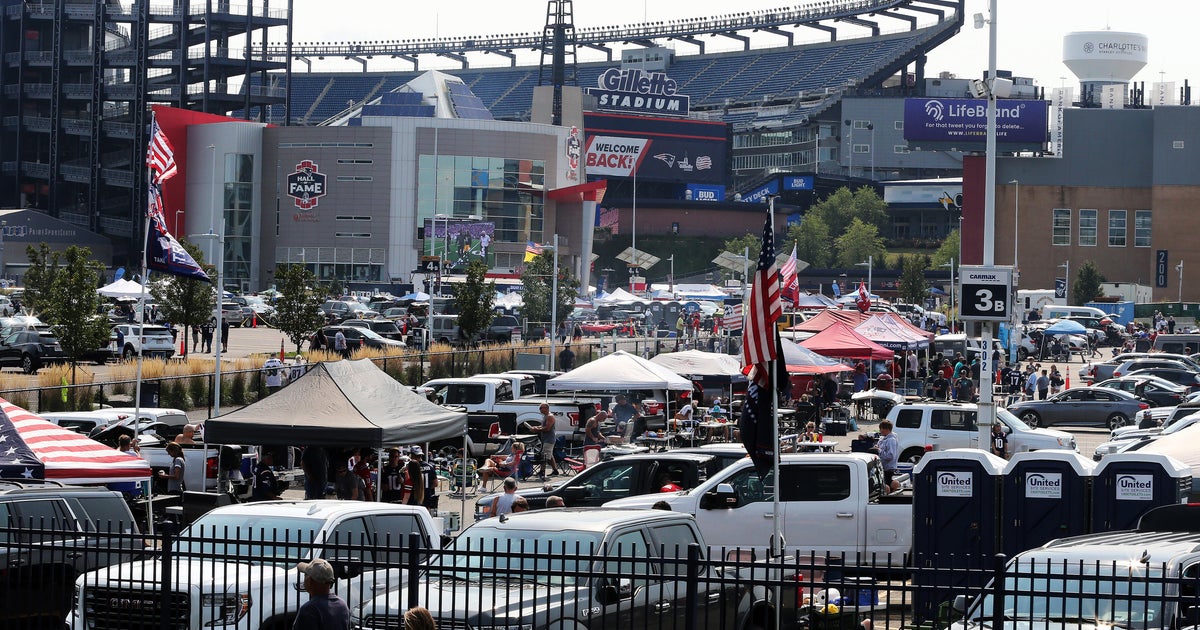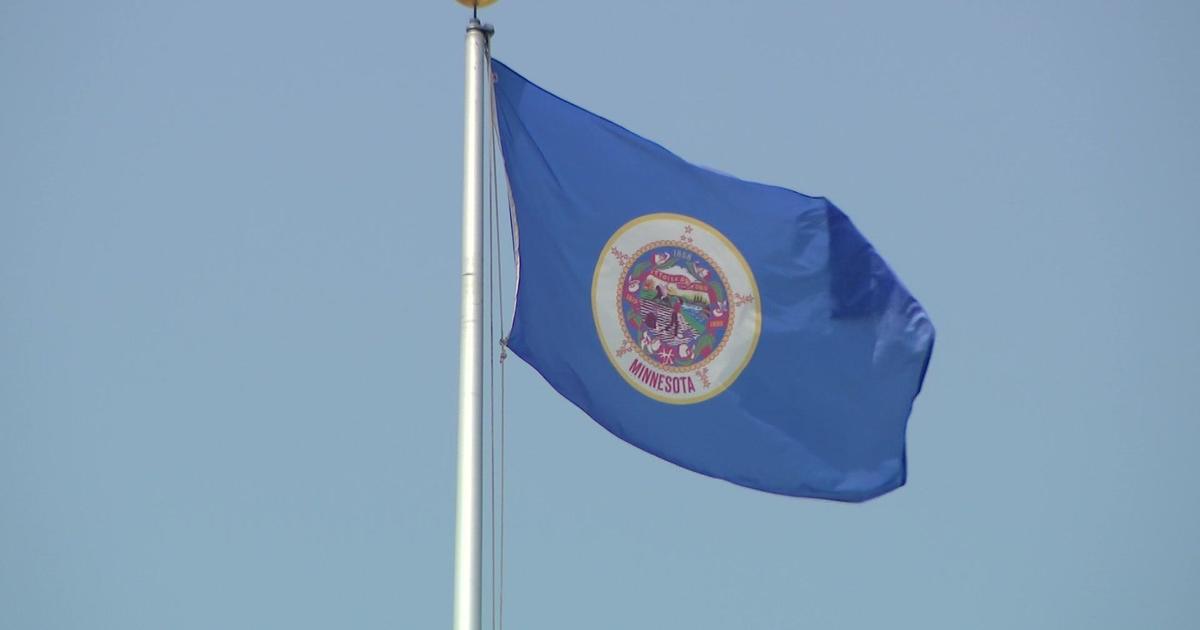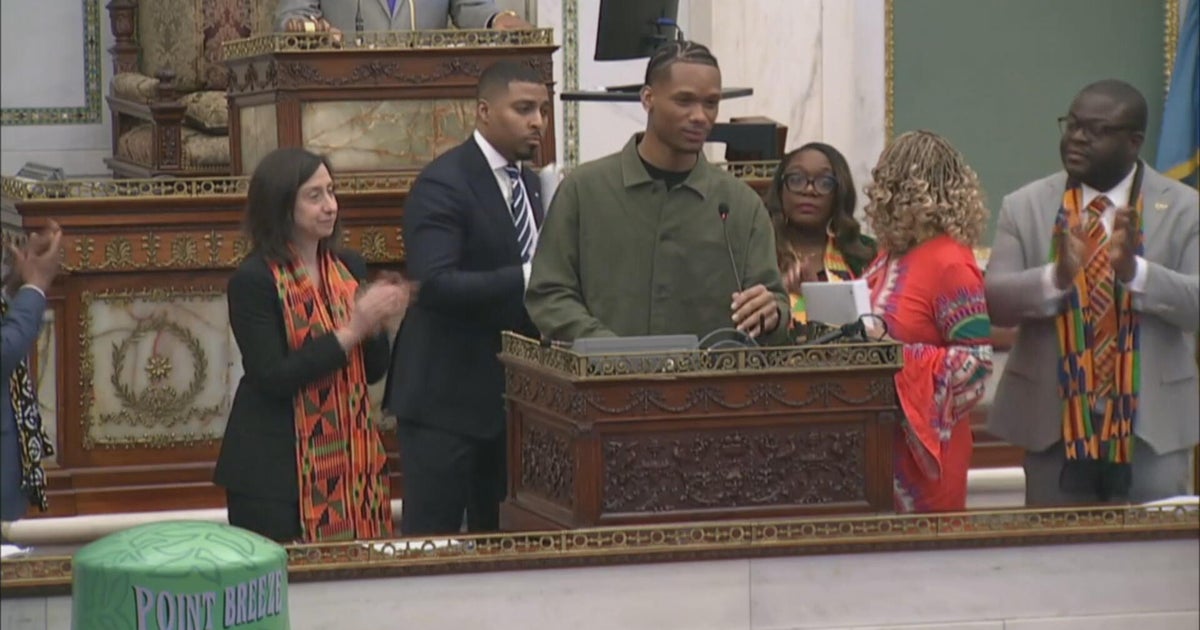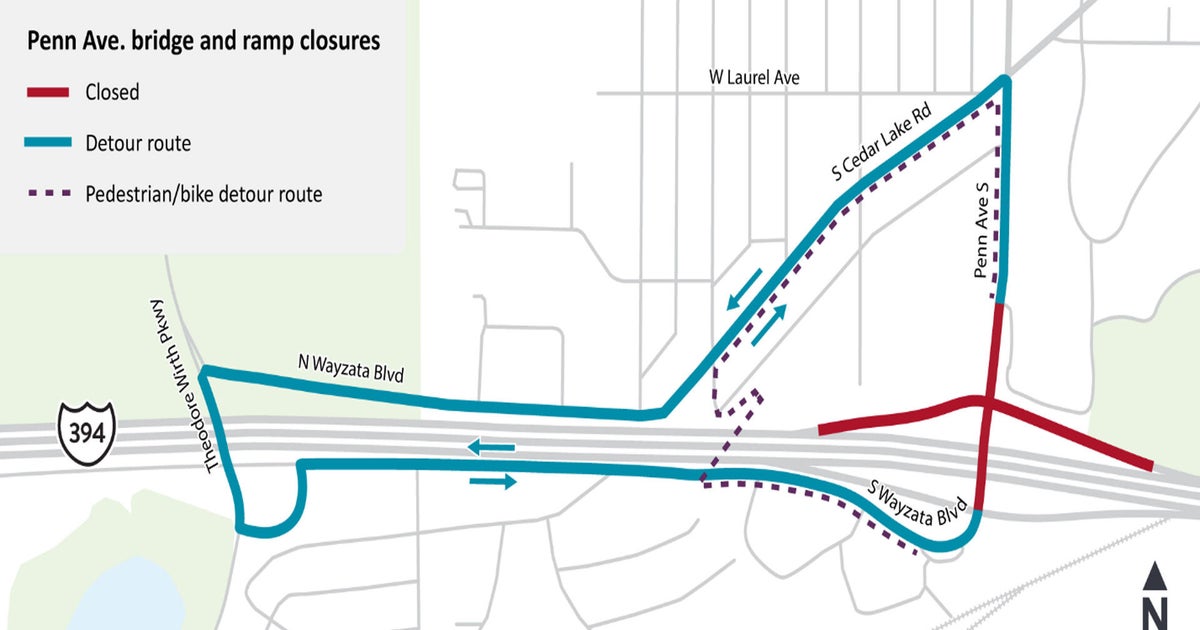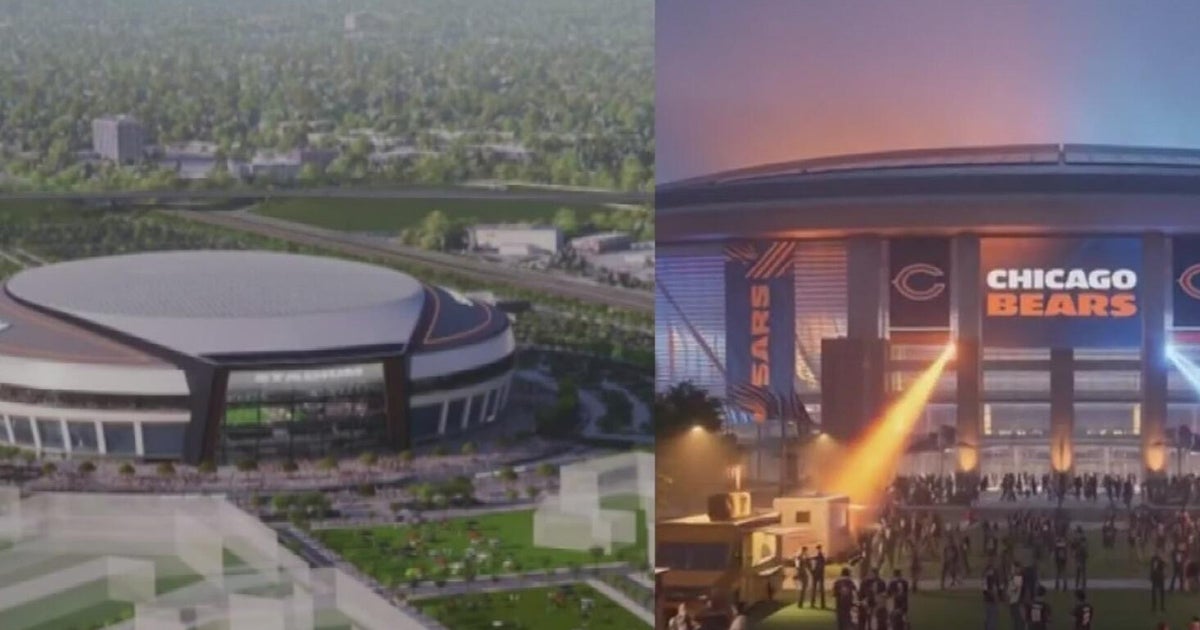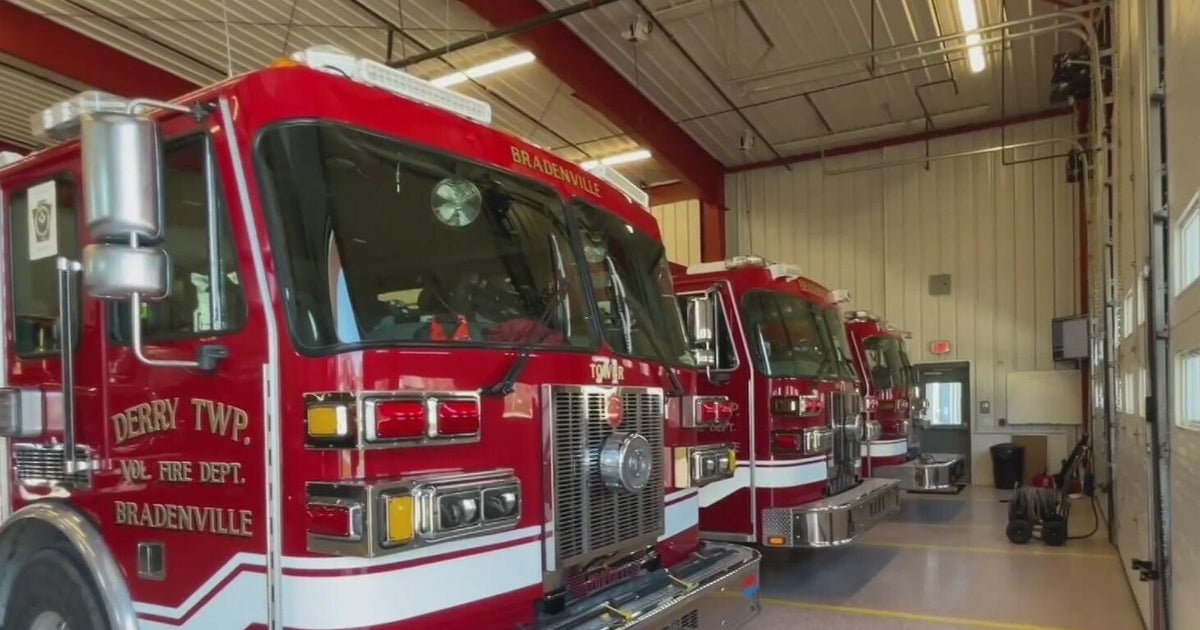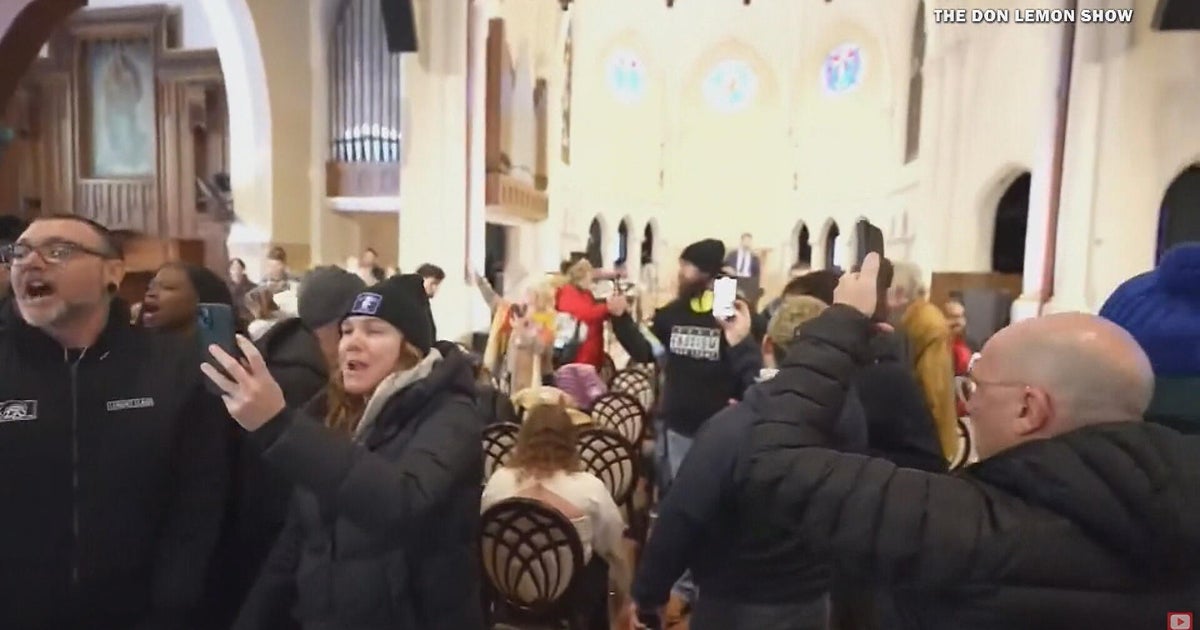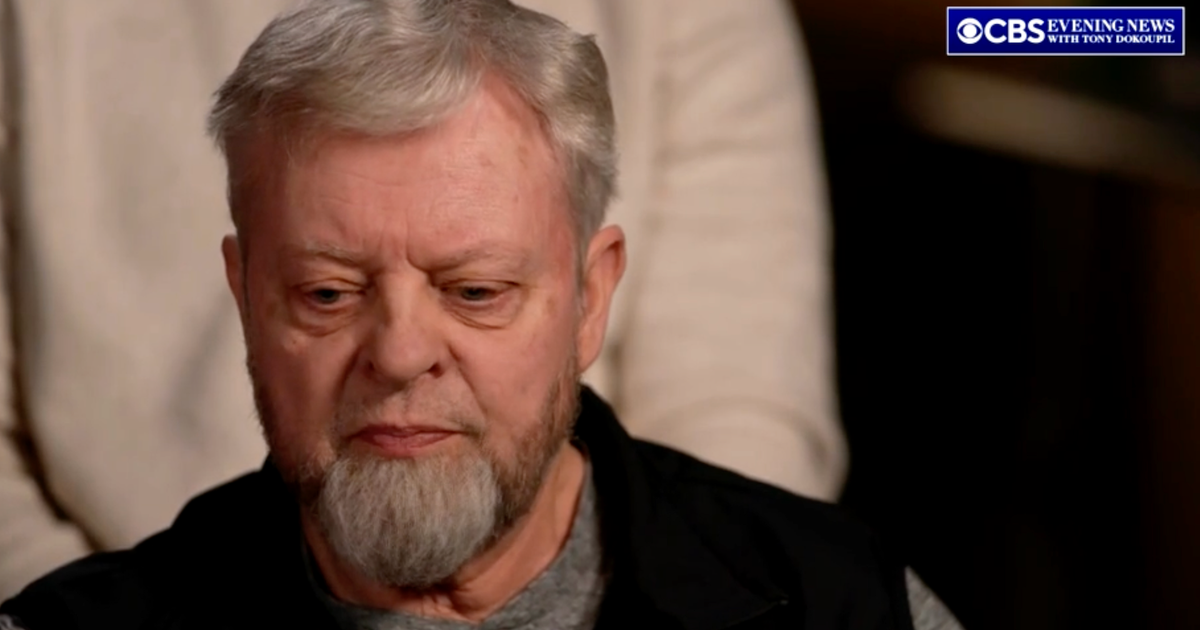Dayton: Wilfs Should Pay Vikings' Share Of Stadium
ST. PAUL, Minn. (WCCO/AP) -- Minnesota Vikings owners Zygi and Mark Wilf should have to pay a large portion of the team's share of a new football stadium from their own pockets instead of using money made from fees charged to season ticket holders, Gov. Mark Dayton wrote Monday in a letter to the government authority supervising its construction.
The Minnesota Sports Facilities Authority is in final negotiations with Vikings officials over use and development contracts for the $1 billion, downtown Minneapolis stadium. A financial analysis released last week by the authority found the Wilfs have sufficient personal resources to cover the $477 million team share.
As part of the stadium funding plan that lawmakers passed in 2012, the Vikings are allowed to sell personal seat licenses, commonly called PSL, which give the holder the right to buy tickets for specified seats in a stadium for any event, including NFL games. Personal seat licenses are common throughout the NFL and have been used as a way for teams to pay for new stadiums.
The new stadium bill gives the Wilfs the right to charge fans for a PSL, even before they buy a season ticket.
And the head of the commission in charge of new stadium construction says negotiators are designing a PSL that's a "Minnesota model."
"I would certainly suggest that it's not the Dallas or the New York or the San Fransisco model," said Michele Kelm-Helgen, the chair of the Minnesota Sports Facilities Authority, "which has very expensive seat licenses for almost all the folks in the stadium."
Kelm-Helgen said the MSFA is negotiating the number of PSLs that would be allowed, how much they would cost, the overall average PSL price tag and financing terms for fans.
But in a letter to Kelm-Helgen, Dayton expressed concern and asked that the number and cost of PSLs.
"I strongly urge you to negotiate a final financial agreement, which requires the Vikings' owners to provide a significant share of their financial contribution from their own resources, and not from Vikings' fans through the sale of expensive personal seat licenses," Dayton wrote to Kelm-Helgen.
The Vikings promised $477 million toward the $975 million publicly financed facility -- $200 million of it is a loan from the NFL.
The team also owns lucrative naming rights, in addition to PSLs. So much revenue, says one lawmaker, the Wilfs will pay almost nothing out of pocket.
"They might actually make money on the building of a Vikings stadium," said Rep. Bob Barrett, a Republican state lawmaker from Lindstrom. "That is unconscionable, especially when the Minnesota taxpayers will be contributing $348 million."
PSLs do appear to be a done deal in the new Vikings stadium.
But the Sports Facilities Authority says it's only one part of a much larger, complicated use agreement.
"There's many different issues being negotiated here," said Kelm-Helgen.
Vikings Vice President Lester Bagley said the personal seat licenses are only one one of several issues in the final stages of negotiations.
But he noted that PSLs were part of the Minnesota Vikings stadium bill that was "discussed, anticipated and authorized" by the legislature.
It's not the first time Dayton and the Vikings have tangled over the issue, with the governor repeatedly warning the team to keep prices for such licenses low. Dayton has grown increasingly critical of the Wilfs in recent weeks, particularly after a New Jersey judge found them guilty of fraud — a ruling that prompted a financial review the governor cited in his letter.
In his letter, Dayton acknowledged that the stadium bill allowed seat licenses to be part of the team's financing. But, he wrote, "those revenues were not intended to replace the need for the team's owners to make a significant equity or capital contribution."
Dayton also wrote that he believes the legislation gives the authority, and not the team, the final say on the maximum price for seat licenses. The Vikings' Bagley did not take issue with that interpretation, but both he and Kelm-Helgen said seat licenses were trying to find a mutually agreeable solution.
"It's really hard to speculate on this right now because we're right in the middle of negotiations," said Kelm-Helgen, a former top aide to Dayton whom he picked to lead the stadium authority.
More than half of NFL teams sell personal seat licenses, though prices range widely depending on the market. Kelm-Helgen said she believed seat licenses at the new Vikings stadium should reflect that the Twin Cities is a smaller market.
The Twins charged $1,000 to $2,000 annually for a small number of premium seats at Target Field, while the university charges season ticket buyers at TCF Bank Stadium an annual fee of $100 to $500. The fee is in addition to the cost to buy tickets.
Dayton noted that the financial review of the Wilfs reportedly shows they "could finance their share of the stadium's costs with little or no revenues from stadium builder's licenses."
"Therefore," he added, "I strongly urge you to keep those prices at an absolute minimum."
Officials hope to break ground on the new stadium in early November and begin using it in the 2016 football season.
(TM and © Copyright 2013 CBS Radio Inc. and its relevant subsidiaries. CBS RADIO and EYE Logo TM and Copyright 2013 CBS Broadcasting Inc. Used under license. All Rights Reserved.This material may not be published, broadcast, rewritten, or redistributed. The Associated Press contributed to this report.)
